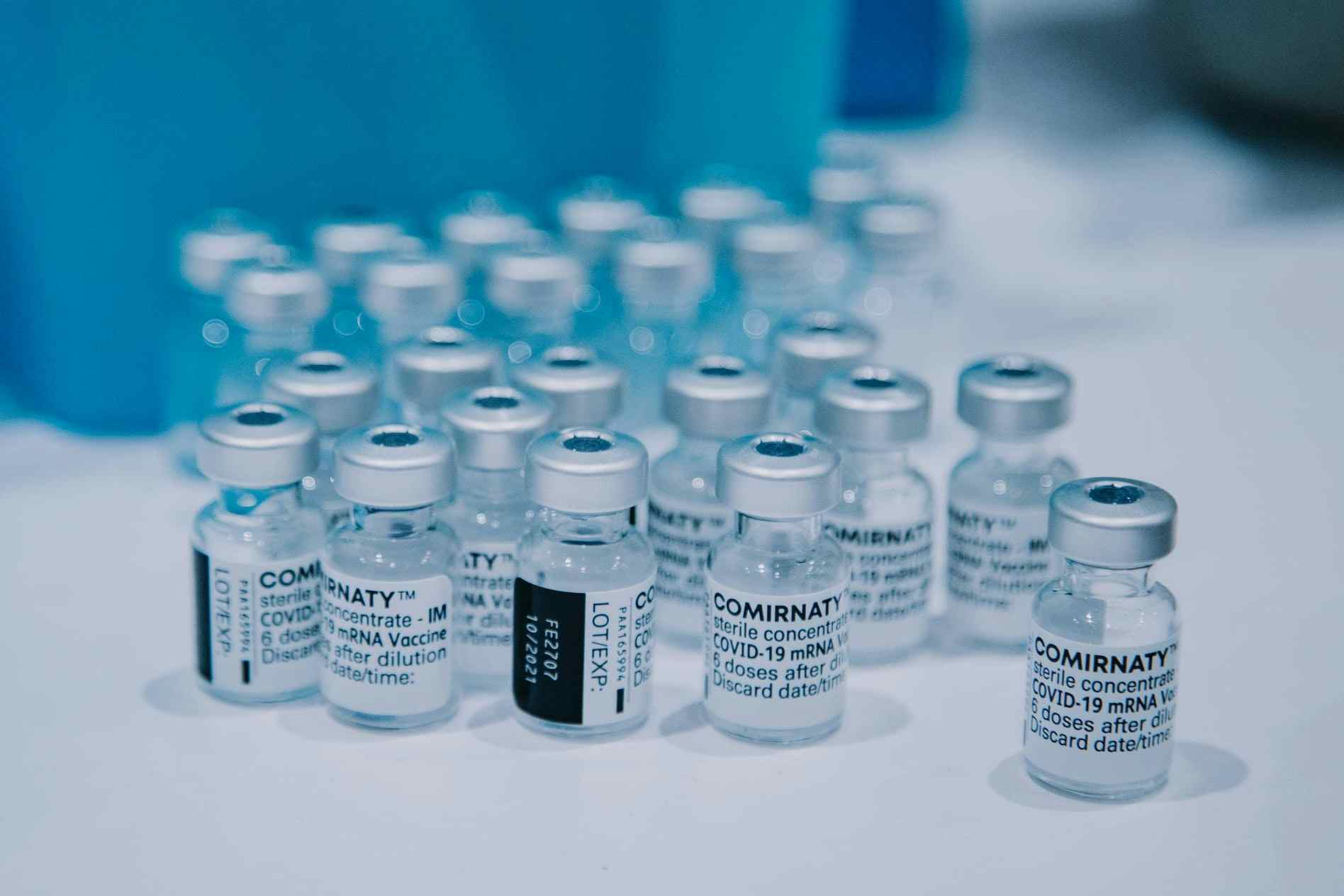The vaccination rollout across the UK has been going very well, with many praising health service staff's efforts when it comes to administering the vaccines. However, in recent weeks, concerns have arisen regarding the Oxford-AstraZeneca vaccine's safety, which has already been given to millions of people.
This comes after reports emerged suggesting a link between the vaccine and the development of blood clots. According to data, a small number of people who received this vaccine developed unusual cerebral blood clots known as ‘cerebral venous sinus thromboses.’ This has now left experts worldwide trying to determine whether this means there is an increased risk of blood clots directly related to the vaccine itself.
Suspensions and restrictions around the world
Reports of the possible link between the Oxford vaccine and blood clots led to many countries suspending it altogether pending further investigations. Some have restarted administering the vaccine but now restrict who can receive it.
However, both the European Medicines Agency (EMA) and the World Health Organization (WHO) have stated that the benefits far outweigh the risks. In the meantime, research continues to try and establish the truth regarding the AstraZeneca vaccine and the risk of blood clots and how this might impact the global vaccination rollout.
Officials from the EMA have not yet provided any clarity on the situation, stating simply that while there is no proof that the vaccine is causing these blood clots, there is a possibility that it could be the cause.
The confusion lies over whether those who have suffered blood clots after receiving the vaccine would have done so anyway or whether these clots were a direct result of having the jab. Also, factors such as underlying health conditions, age, and other vital details have to be considered. Establishing a link has been made even more difficult because of the tiny number of cases involved.
Data has been assessed from around the globe by the EMA. Experts estimated that the risk of getting a blood clot for those aged under 60 who had the Oxford jab was one in 100,000. However, the most up-to-date UK data reported extremely sparse numbers, with just five cases, despite around 11 million receiving the vaccine.
Research into the link continues
At present, there is a lot of conflicting data relating to the link between the AstraZeneca vaccine and blood clots. The case numbers vary from one organisation to another. Furthermore, there is no proof that the few who have developed clots would not have done so anyway.
Another issue is the profile of people receiving the Oxford vaccine, which varies from one country to another. For instance, the number of clots identified in Germany varies dramatically from the numbers seen in the UK. However, the types of people receiving this particular vaccine are different in both countries, with around 90% of those receiving the Oxford vaccine in Germany being under the age of 60.
Despite reports suggesting a link between the vaccine and blood clots, no firm conclusions can yet be drawn. As such, experts plan to continue researching to determine whether there is a heightened risk of clots for those receiving the vaccine.
Image Credit: Mat Napo at Unsplash






